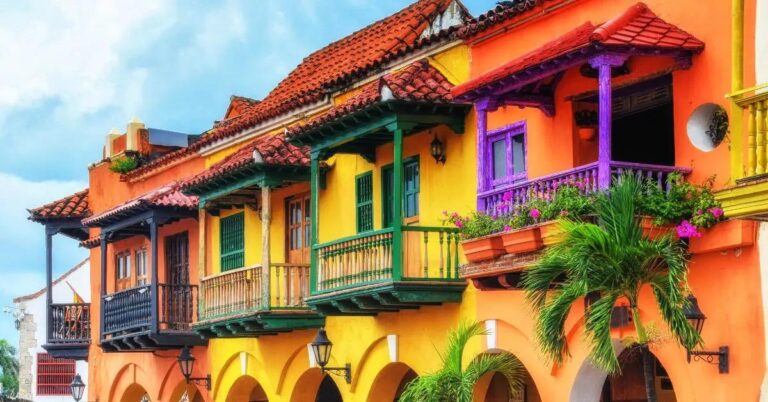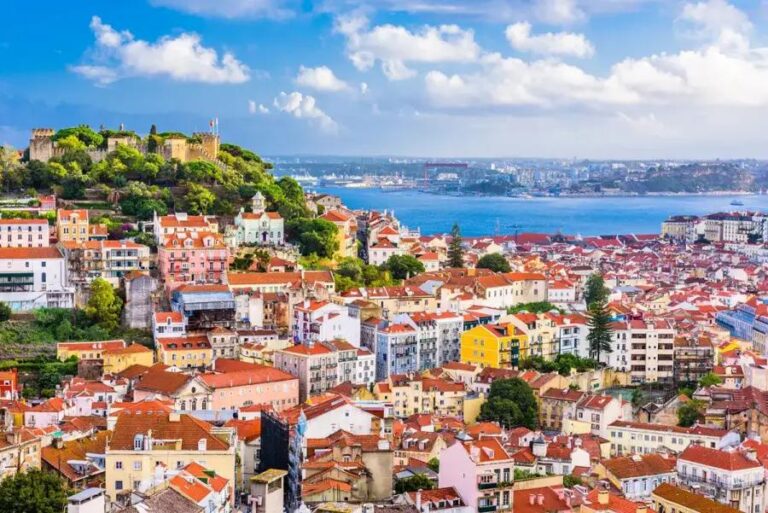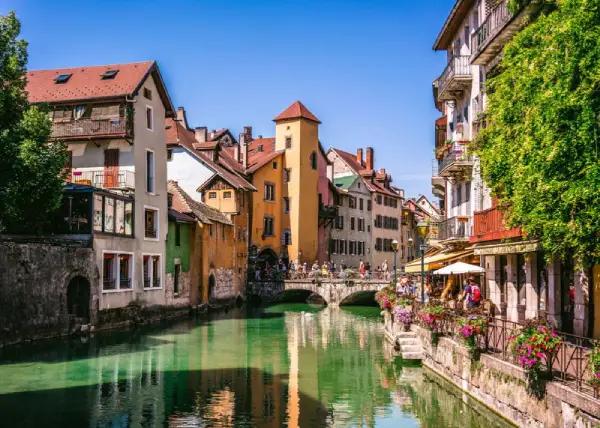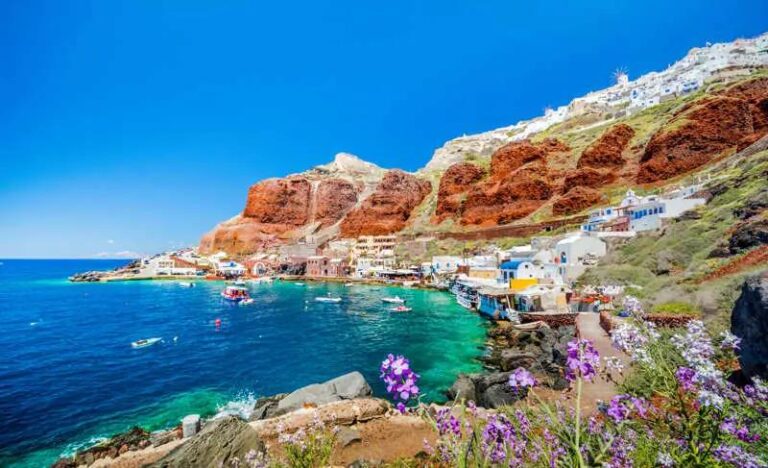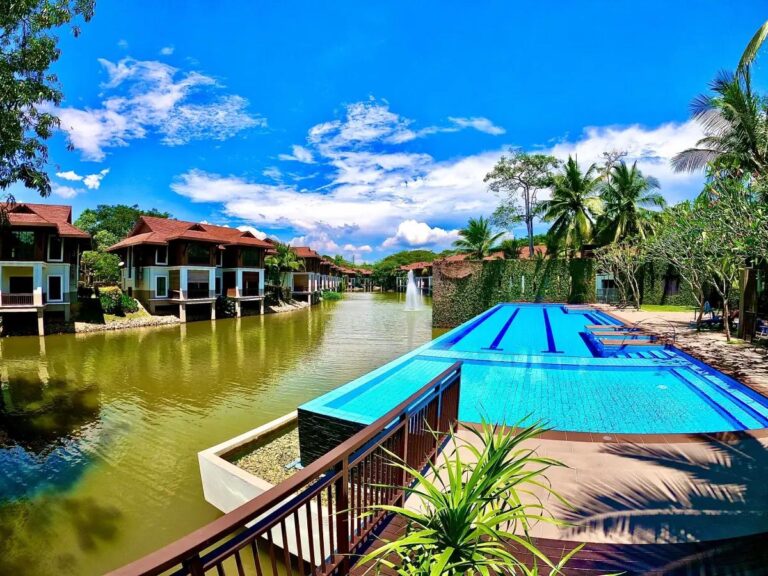TL;DR:
- Average Monthly Living Cost: ~$2,000 for a couple.
- Housing Rent: $500-$1,200; home purchase: $150,000-$250,000.
- Groceries: $300-$500.
- Utilities: $100-$150.
- Transportation: $50-$100 for gas; $25-$50 public transport.
- Healthcare: Public $75-$150/month; private higher.
- US vs. Costa Rica: Costa Rica is cheaper.
- Social Security: Sufficient for living well (average $1,500-$2,000).
Housing Costs:
- Rent: $400-$1,500 (varies by location).
- Popular Areas:
- San Jose: $700-$1,200.
- Guanacaste: $600-$1,100.
- Central Valley: $500-$800.
- Buying Homes: $100,000-$200,000; luxury $500,000+.
- Property Taxes: ~0.25% annually.
- Tips: Research, visit neighborhoods, negotiate, use local agents.
Healthcare:
- Public System: $75-$150/month.
- Private Insurance: $60-$130 (local), $200+ (international).
- Medical Costs: Doctor visit $50-$80, X-rays $30-$50, meds $5-$20.
- Dental Care: Cleanings $50, fillings $60-$90, root canals $300-$450.
Daily/Leisure Expenses:
- Groceries: ~$200/month.
- Utilities: ~$70/month.
- Transport: Public bus ~$1/ride, affordable taxis.
- Dining Out: Local meals $4, mid-range $10-$20.
- Leisure: Affordable (national parks $10 entry), free outdoor activities.
Dreaming of retirement in paradise? Costa Rica is a top choice for many. With beautiful landscapes and a low cost of living, it’s hard to resist. But is it really affordable for retirees? In this post, we will dive into the average living expenses, housing costs, healthcare expenses, and daily living costs for retirees in Costa Rica. Let’s find out if your retirement dreams can come true.
What is the Average Cost of Living in Costa Rica for Retirees?
The average cost of living in Costa Rica for retirees varies. A couple can live well here with about $2,000 per month. Here’s how that breaks down.
Monthly Budget Breakdown
Housing: Rent in Costa Rica can range from $500 to $1,200 per month. This includes decent apartments, houses, and even condos in both urban and rural areas. Want to buy a home? You might spend around $150,000 to $250,000.
Groceries: Grocery costs average from $300 to $500 a month. Fresh fruits and vegetables are plentiful and cheap in local markets.
Utilities: Basic utilities like water, electricity, and internet will set you back about $100 to $150 monthly. Some upscale areas might cost more.
Transportation: A car will cost you around $50 to $100 a month in gas. If you use public transportation, expect to spend about $25 to $50 each month.
Healthcare: Retirees often pay about $75 to $150 monthly for healthcare through the public system. Private health insurance costs more, but healthcare is excellent and affordable.
Comparing Living Costs in Costa Rica to the US
Living in Costa Rica is cheaper than in the US. Housing, healthcare, and food costs are much lower. For instance, a meal in a mid-range restaurant costs around $10 in Costa Rica, while it might cost $20 or more in the US.
Managing Budgets for Different Lifestyles
You can live comfortably on less, but a higher standard of living costs more. Renting a luxury home, eating out often, and using private healthcare can push your monthly budget to $3,000 or more.
Living Comfortably on Social Security in Costa Rica
It’s possible to live well on Social Security here. Many retirees receive benefits between $1,500 and $2,000 monthly, which fits well within the average cost of living in Costa Rica. Plus, the laid-back lifestyle and friendly locals make it a great place for retirees.
How Much Does Housing Cost in Costa Rica for Retirees?
How much is rent in Costa Rica in US dollars? Rent in Costa Rica varies greatly but expect $400-$1,500 per month. Costs depend on the location and type of home. In popular areas like San Jose, rent for a two-bedroom apartment is around $800.
Overview of Housing Options: Rentals vs. Buying Property
You have two main options: renting or buying. Renting allows more flexibility and less upfront cost. Conversely, buying is great for long-term commitments. Many retirees prefer renting first to get a feel for different areas.
Average Rent Prices in Popular Retirement Areas
- San Jose: $700-$1,200 for a decent two-bedroom apartment.
- Guanacaste: $600-$1,100, often with ocean views.
- Central Valley: Around $500-$800, offering a cooler climate.
Prices can vary based on amenities and location. For high-end places, expect to pay more.
Real Estate Market: Buying Property
Buying property in Costa Rica is a viable option. Homes cost about $100,000 to $200,000 for a modest single-family home. Luxury properties can exceed $500,000. Property taxes are low, approximately 0.25% of the home’s value per year. However, plan for maintenance, which can cost about $1,500 per year.
Tips for Finding Affordable Housing and Negotiating Rent
- Research online: Sites like info on Costa Rican real estate are great resources.
- Visit neighborhoods: Spend time in various areas to see what fits your needs and budget.
- Negotiate: It’s common to negotiate rent, especially if committing long-term.
- Use local agents: They can find deals and help with negotiations.
Knowing these details helps in planning your retirement. Costa Rica offers diverse housing options to match different budgets and lifestyles.
What are the Healthcare Costs for Retirees in Costa Rica?
If you’re a US citizen thinking of retiring in Costa Rica, you will want to know about healthcare costs. Here’s a clear look at what you can expect.
Overview of the Healthcare System
Costa Rica has a good mix of public and private healthcare. The public system, called “Caja,” is low-cost for residents and offers basic care. Yet, you may face long wait times and less comfort. The private system is pricier but has high standards. Many doctors trained in the US or Europe work here.
Health Insurance for Expats
As an expat, you need health insurance. You can join the public system, costing $75 to $150 per month based on income. Private insurance varies more. For basic local plans, expect $60 to $130 monthly. For more coverage or international plans, it can be $200 or more per month. Popular local insurance firms include INS and Sagicor. Global providers like Cigna also offer plans.
Typical Medical and Drug Costs
You will find that the cost of medical care in Costa Rica is much lower than in the US. A visit to a private doctor will cost around $50 to $80. Simple procedures, like X-rays, may set you back $30 to $50. Prescription drugs are also more affordable. Common medications can cost $5 to $20 monthly, depending on the drug and dose.
Dental Care Expenses
Dental care in Costa Rica is top-notch and cheaper than in the US. Cleanings cost about $50, and fillings are around $60 to $90. More advanced care, like root canals, might cost $300 to $450. Dentists often use the same tech and materials as in the US.
Considering this, Costa Rica offers retirees an opportunity for affordable yet quality healthcare. Explore more about healthcare costs in Costa Rica to plan your retirement better.
What are the Main Daily and Leisure Expenses in Costa Rica?
Daily costs in Costa Rica can be quite low compared to the US. Let’s dive in.
Groceries: Basic groceries for a month can cost around $200. Local markets have fresh produce at reasonable prices. Imported items can be more expensive.
Utilities: Electricity, water, and garbage disposal together can average $70 per month. It varies based on usage, especially if you use air conditioning a lot.
Transportation: Public buses are very cheap, usually around $1 per ride. Taxis are more, but still lower than in the US. Many retirees opt for a car, which adds gas and maintenance costs.
Dining Out: Dining can be a treat. Local sodas (small diners) offer meals starting at $4. Mid-range restaurants can cost about $10 to $20 per person. Fine dining will be higher, but still less than in US cities. There are many local dining experiences to explore.
Leisure Activities: Costa Rica is rich in budget-friendly activities. Visiting national parks can be as low as $10 for entry. Many retirees enjoy free outdoor activities like hiking, swimming, or bird watching. Local festivals and cultural events are often free or low-cost, adding to the charm of living here.
Shopping: Convenience stores and markets cater to daily needs. Household items and toiletries can be a bit more costly than in the US. Many retirees bring some items with them to save money.
Overall, day-to-day living in Costa Rica offers great value. The laid-back lifestyle and natural beauty make every dollar stretch further.
Conclusion
Living in Costa Rica as a retiree can be affordable. We broke down living costs, compared spending to the US, and showed how to budget on Social Security. We explored housing costs and healthcare expenses in detail. Daily and leisure expenses, from dining out to outdoor fun, were covered too. Costa Rica offers many budget-friendly options for a comfortable retirement. With the right planning and budgeting, retiring in Costa Rica can be enjoyable and stress-free.


